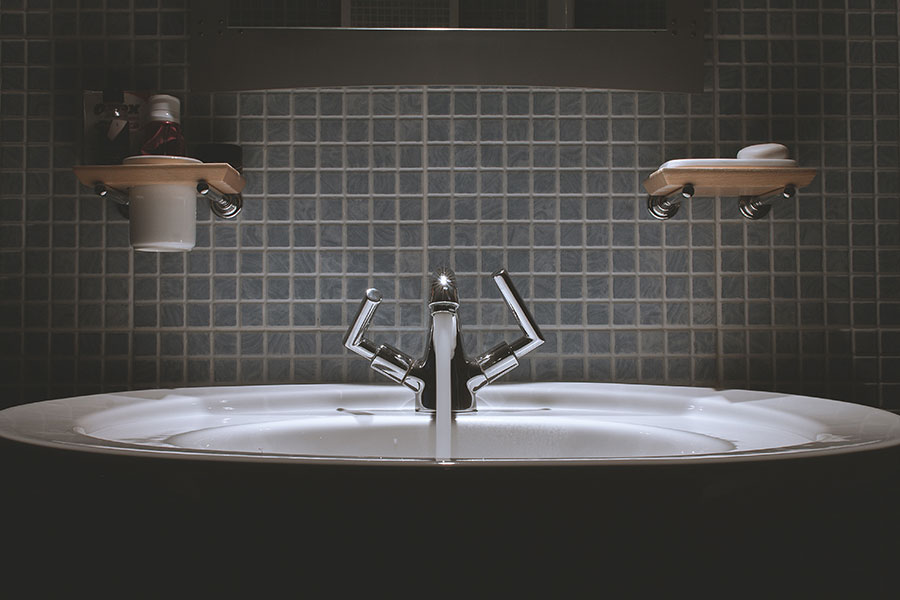There is nothing pleasant about your house flooding. Water damages the flooring, furniture, and all your personal possessions in a remarkable small space of time.
There are approximately 1.3 million homes in Australia with a flood risk rating. But, it’s not just the water that can cause you an issue. If your home is not dried out properly there will be damp. This will allow mold to grow which is detrimental to your health. It can take much longer to dry your home out properly than it does to eliminate the water and clear out damaged possessions.
There are two potential causes of home floods, leaks inside your home caused by plumbing issues, and weather-related floods.
Plumbing issues can be relatively easy to handle. An annual inspection by a qualified and registered Sydney plumber will help you to identify any issues with your plumbing. Couple this with regular visual inspections and your pipework should be good. Of course, freezing weather can cause pipes to burst but a flood detection alarm will help you to react quickly, as will insulating your pipes and turning the water supply off if you are away for more than a couple of days.
Flash Flooding
The bigger risk is from flash flooding. There are various reasons why your house may flood in extreme weather:
- Bad Drainage
This is the most likely scenario and refers to when there is too much rain for your current drainage system to eliminate. This type of issue is often compounded with slopes that direct water toward the house.
If you have a house that effectively attracts water you should consider creating a new drainage channel. This means finding the place the water starts to pool and digging a trench. Ideally, the trench should have a proper drainage tube installed with a mesh top. This allows the water in and keeps the debris out, making it easier to prevent blockages.
You can then create a channel that takes the water away from your home and towards the mains drains. Hopefully eliminating the issue of pooling around your home.
It’s a good idea for drainpipes to terminate in the same place and to make sure they are always clean and free of blockages.
The smoother the system is at carrying water away the less likely it is you’ll have a flooding issue.
- Poor Foundations
Another common issue is when the basement isn’t insulated properly. It allows water up through the floor. If the rain is hard enough it will rise up through the house. A pump can help to remove the water but it is better to add waterproof foundation insulation to prevent this from being an issue in the future.
- Leaky Windows
In extremely heavy weather leaky windows can let a surprising amount of water in, especially if they are already at the basement level. It’s important to check your windows and resolve any issues with them before you have a flood.




